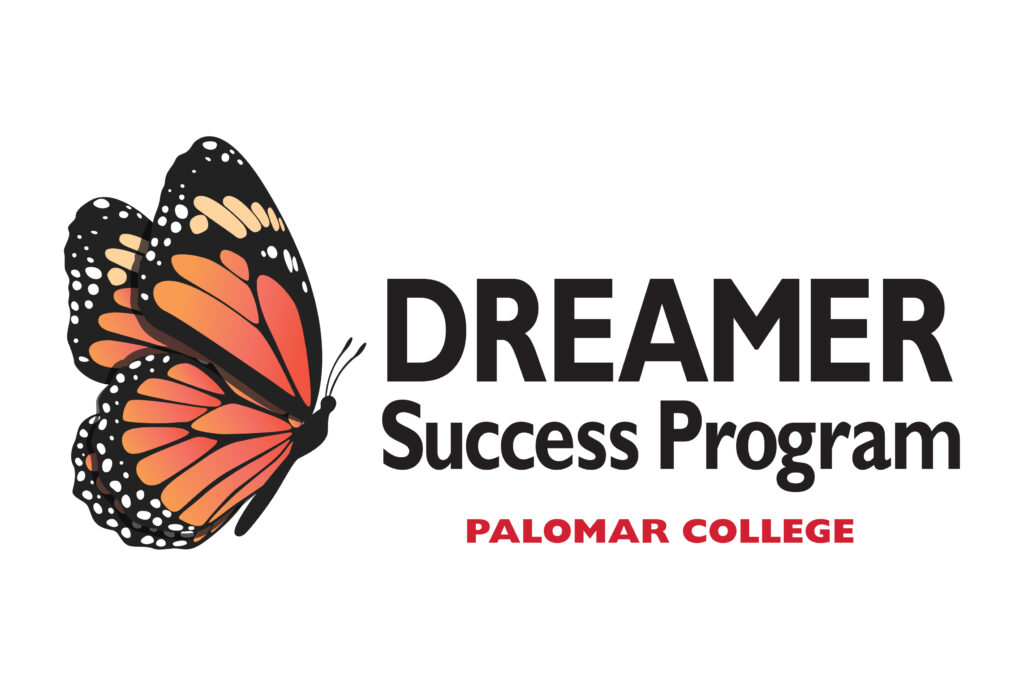Professional & Occupational Licensure
California allows individuals to obtain professional and occupational licensure regardless of their immigration status.
California Senate Bill (S.B.) 1159, signed into law in September 2014, allows individuals who complete the necessary training and other state licensing requirements to obtain professional licenses, independent of their immigration status. Applicants without a Social Security Number (SSN) can provide an Individual Tax Identification Number (ITIN) when seeking a professional license.
California Assembly Bill (A.B.) 595, signed into law in August 2019, allows a student enrolled in a community college class pursuant to an apprenticeship training program or an internship training program who does not have an SSN to use an ITIN for purposes of any background check required by the class or program.
Additional Policies
California Senate Bill (S.B.) 695, signed into law in September 2018, prohibits licensing boards from requiring an individual to disclose their citizenship or immigration status for the purpose of obtaining professional licensure. The bill requires the Commission on Teacher Credentialing to authorize the use of ITINs in lieu of SSNs for the purpose of credentialing. The bill also requires the Department of Public Health to accept ITINs for certification applications. California Assembly Bill (A.B.) 2184, signed into law in September 2018, requires local governments to accept a California driver’s license or identification number, an ITIN, or municipal identification number in lieu of a SSN for the issuance of a business license.
California Senate Bill (S.B.) 788, signed into law in October 2017, allows the Insurance Commissioner to accept ITINs in lieu of SSNs from licensure applicants.


